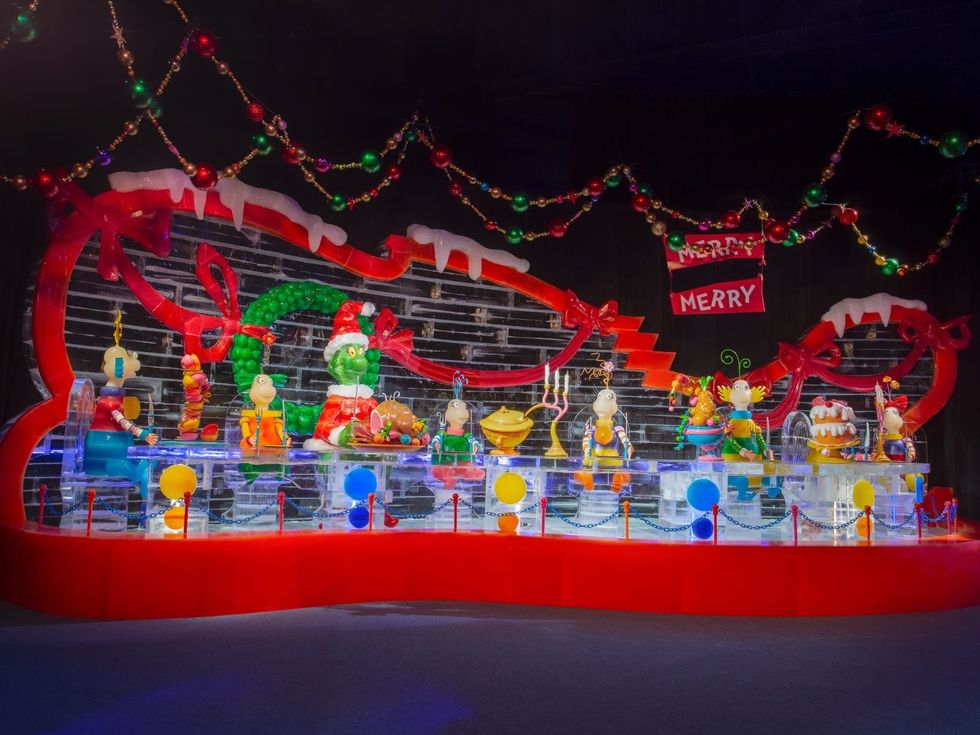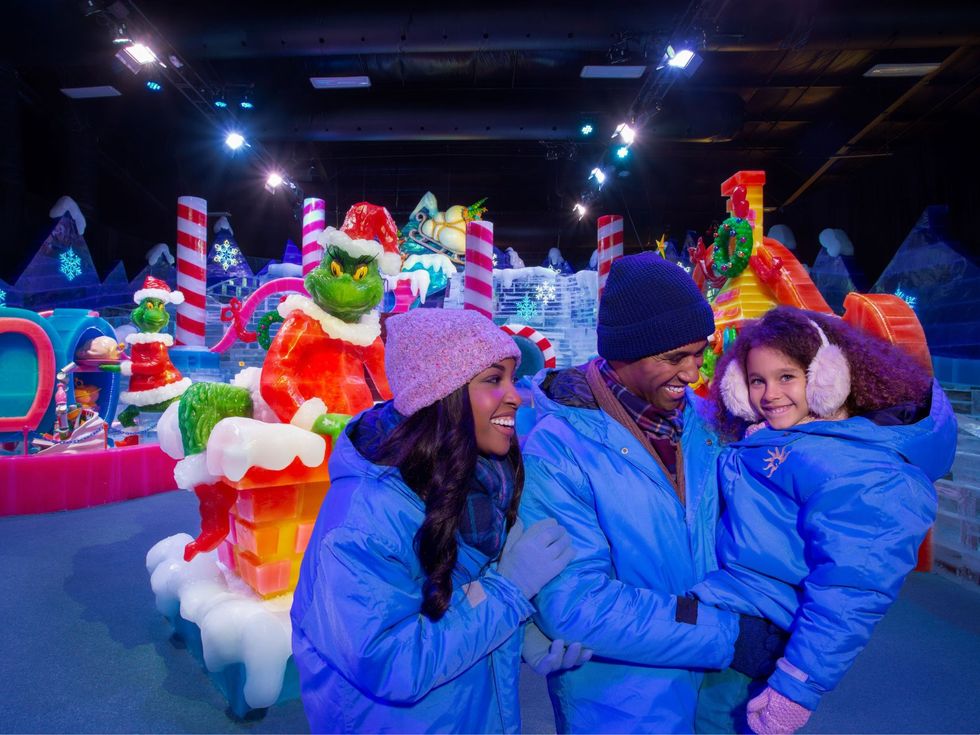MUSIC TO OUR EARS
Free festival swings into Balcones Heights with smooth jazz hitmaker

Hundreds gather at the Wonderland of the Americas Amphitheater for the Balcones Heights Jazz Festival.
Little did Duke Ellington and Irving Mills know when they wrote "It Don't Mean a Thing (If It Ain't Got That Swing)" that jazz music would remain the "something sweet" in global culture. Almost a century after that immortal standard hit the airwaves, the quintessentially American art form is celebrated by not one — but two — San Antonio festivals.
Coincidentally, both announced their lineups on the same day. As the San Antonio Parks Foundation trumpeted the details of Jazz'SAlive in Civic Park, Balcones Heights was busy announcing its own free jazz festival on July 28.
That's "free jazz" as in complimentary, not as in squeak, squeal, squawk. The Balcones Heights Jazz Festival focuses on the softer sounds of contemporary jazz, bringing top artists to the Amphitheater at Wonderland of the Americas.
Local 10-piece juggernaut San Antonio Transit will open with an homage to '70s hitmaker Chicago. Thundering through tracks like "Make Me Smile" and "Saturday in the Park," the band showcases the continued appeal of jazz in popular music.
Soprano saxophonist and natty dresser Marion Meadows will then take the stage as the headlining act. A staple of smooth jazz radio, the RCA artist has had a three-decade career as a bandleader and has performed with Brook Benton, Eartha Kitt, Michael Bolton, and The Temptations.
As always, the show will be emceed and coproduced by David Muñoz. The "Jazzman" of San Antonio hosts "Smooth Jazz San Antonio" on KQXT/Q101.9 and the iHeart Radio app.
Parking is free for the one-night-only performance, but hillside seating is on a first-come, first-served basis. Lollygaggers, be warned, fans start claiming seats as early as the Monday before the Friday show.

 ICE! featuring Dr. Seuss' "How the Grinch Stole Christmas!," will open November 23 at the JW Marriott.
Photo courtesy of Gaylord Texan
ICE! featuring Dr. Seuss' "How the Grinch Stole Christmas!," will open November 23 at the JW Marriott.
Photo courtesy of Gaylord Texan
 ICE! brings the magic of How the Grinch Stole Christmas to life.
Photo courtesy of JW Marriott San Antonio Hill Country Resort and Spa
ICE! brings the magic of How the Grinch Stole Christmas to life.
Photo courtesy of JW Marriott San Antonio Hill Country Resort and Spa